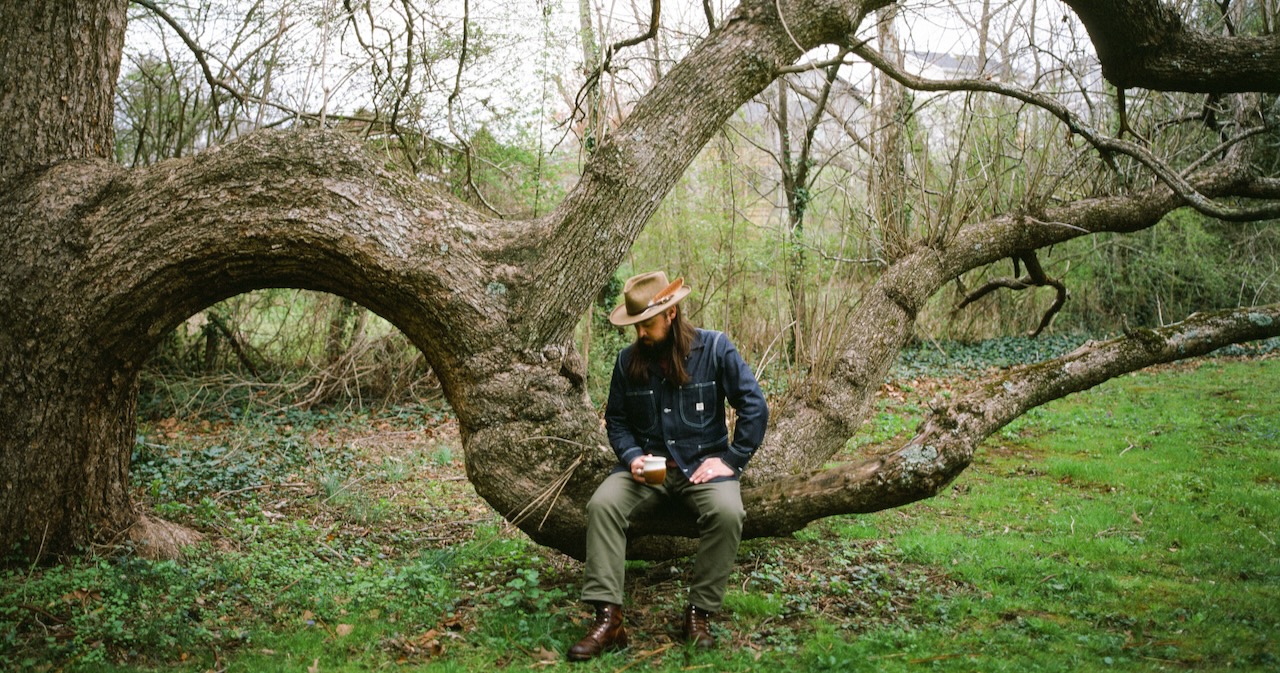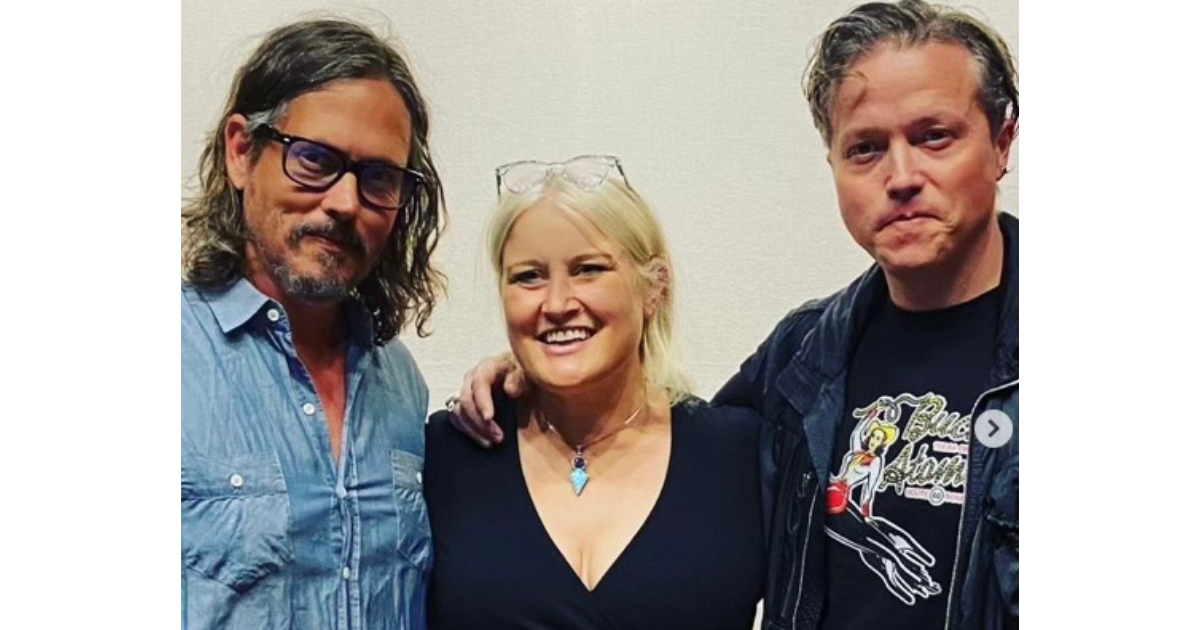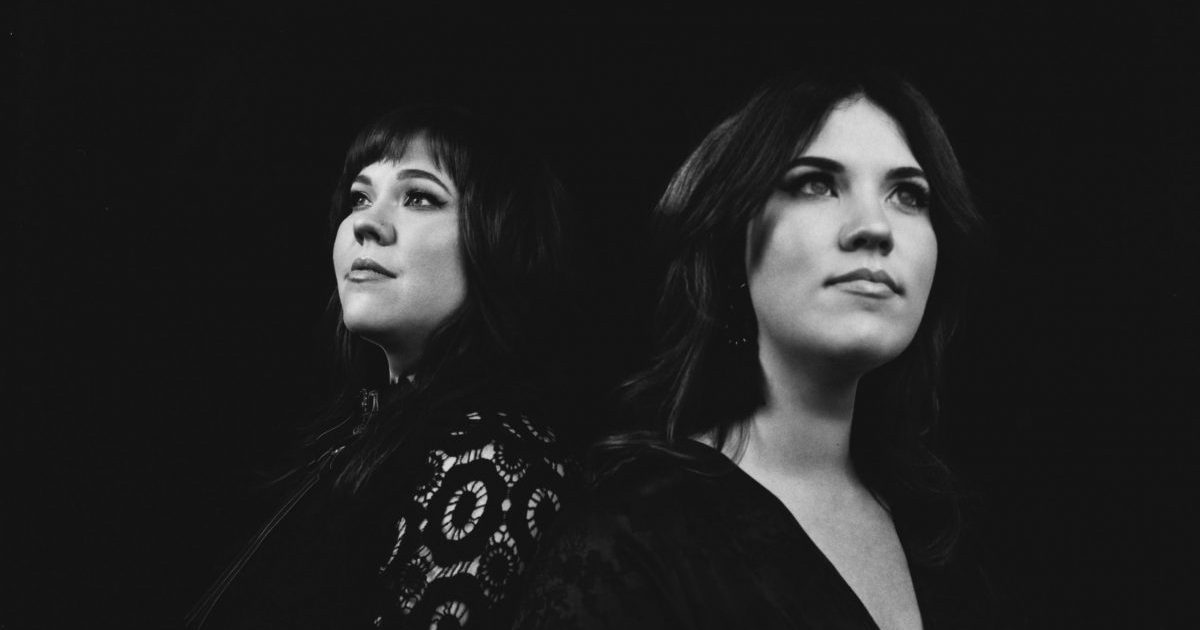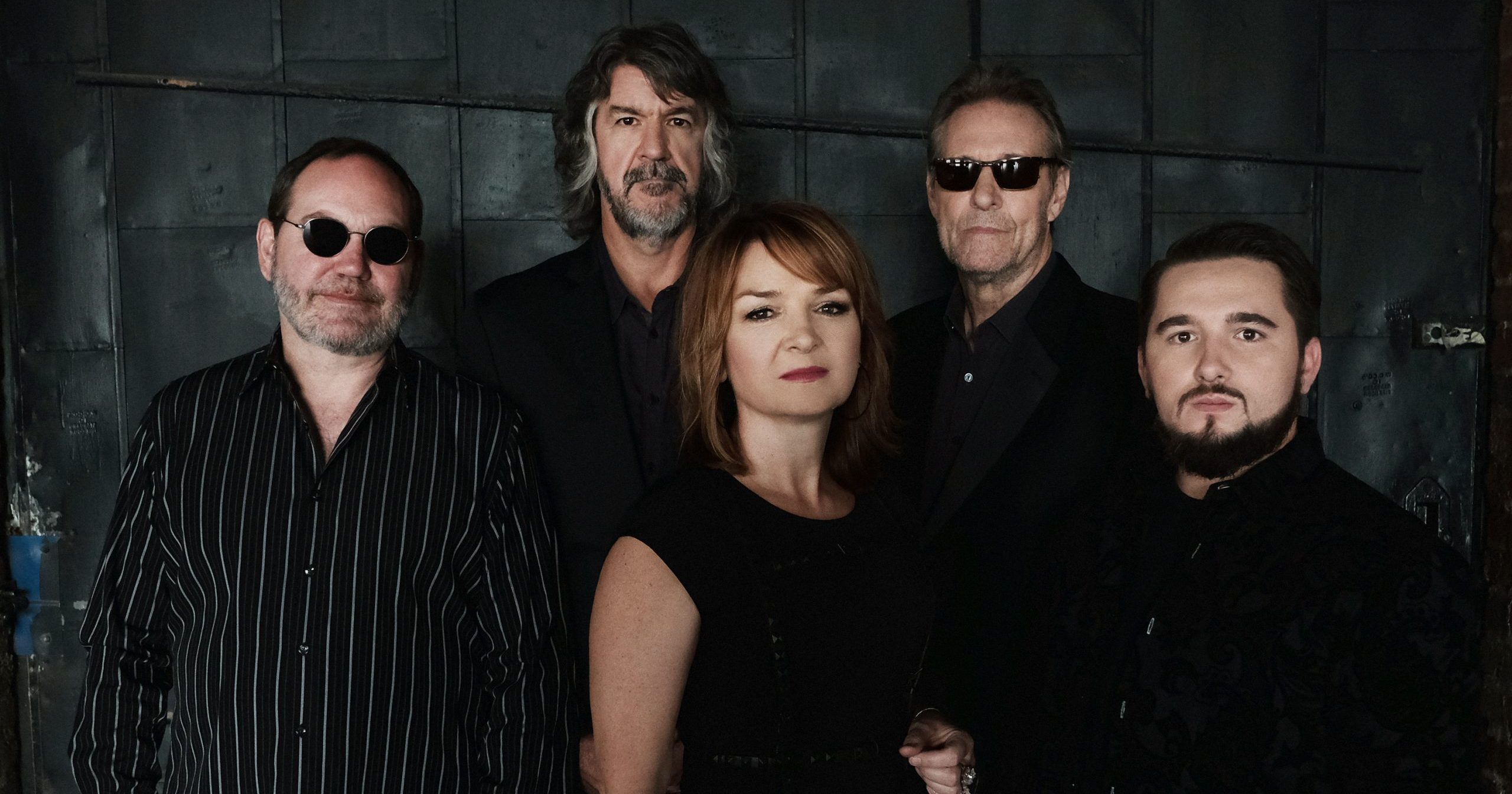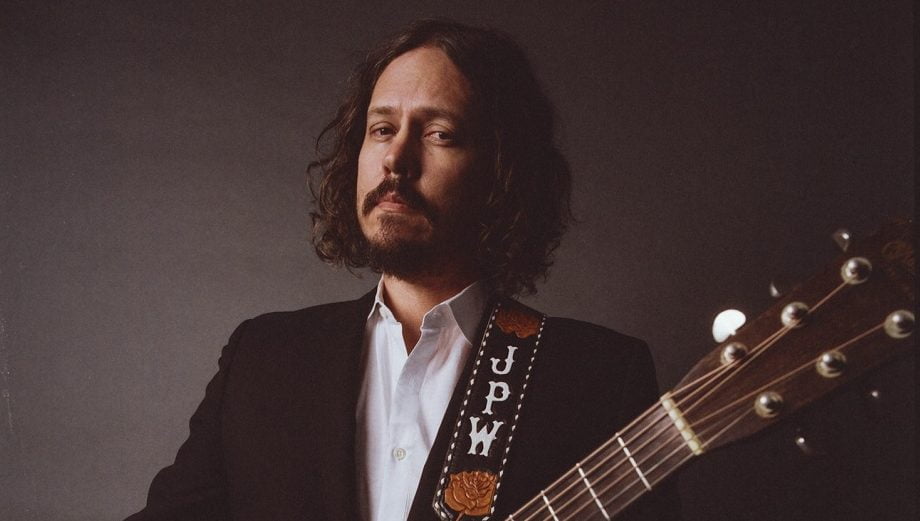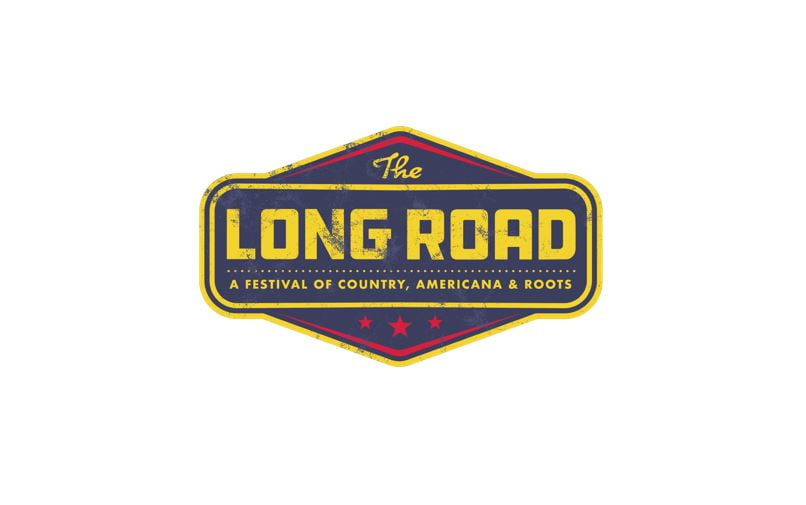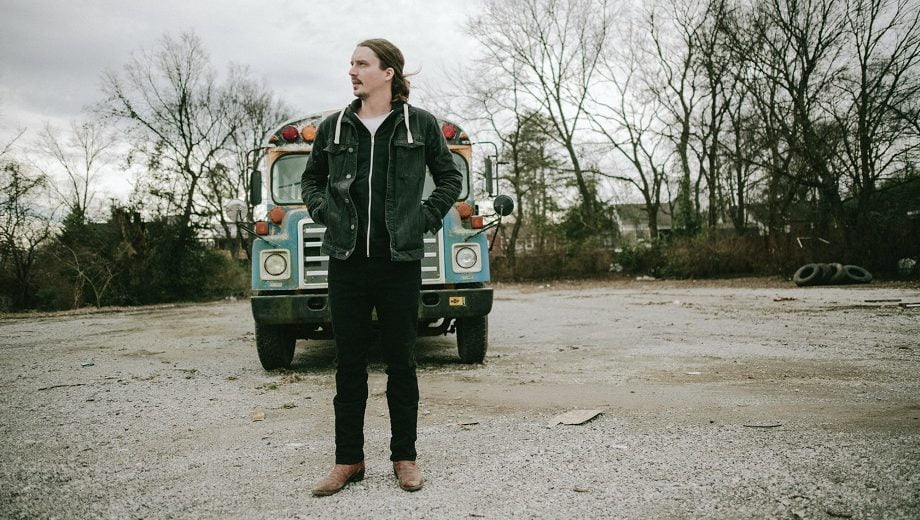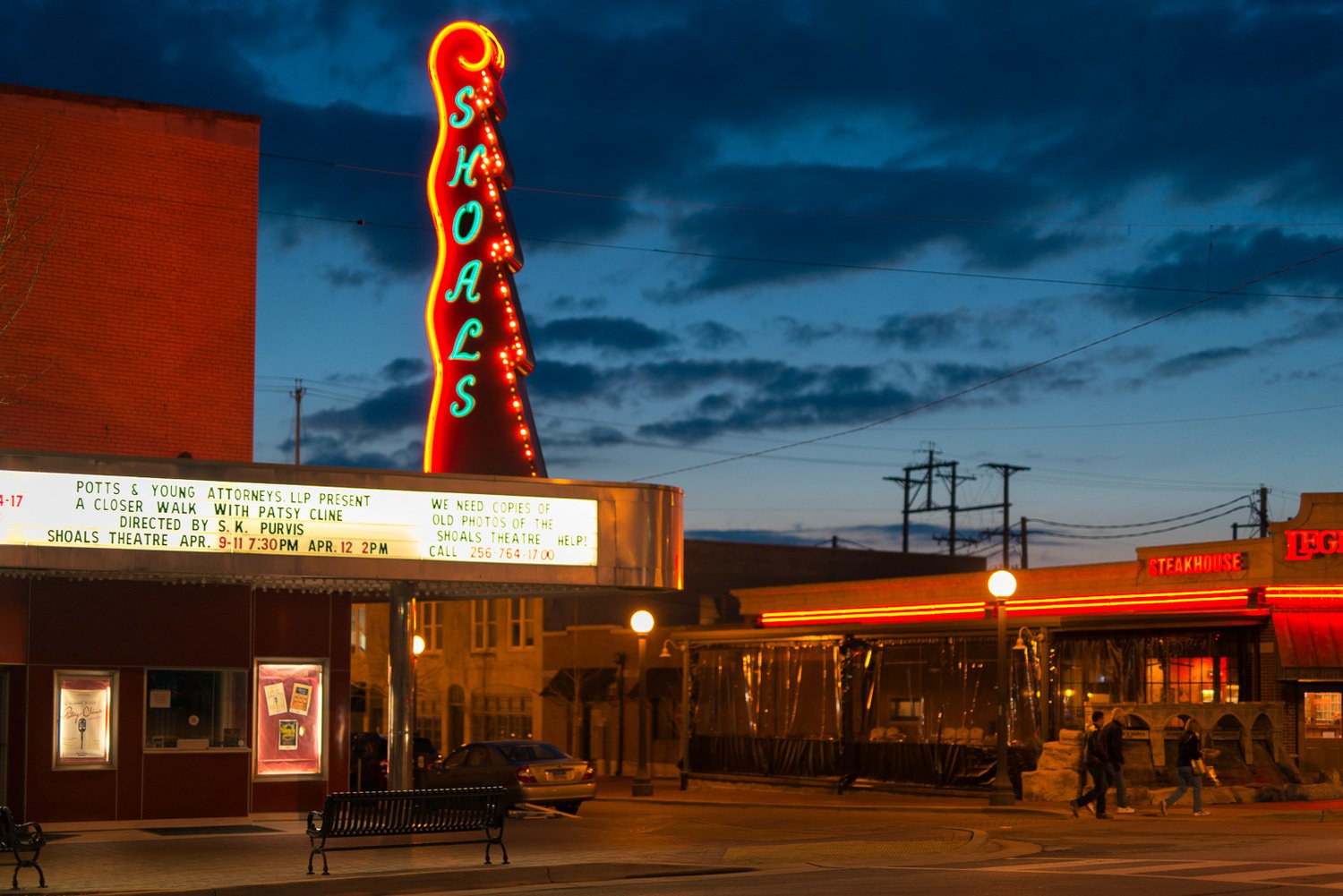On his new album, Sweet Critters, Caleb Caudle has no desire to reinvent himself. The North Carolina native has spent his career trying to move closer and closer to what is already inside of him. “This well is getting deeper… more nuanced,” he explains. “And I really enjoy that. I’m not trying to be repeat myself, I’m trying to be myself.”
Dedicated to friend and former bandmate Alex McKinney, who recently passed after a battle with cancer, the album rings out with appreciation for the everyday experience of life. With gratitude and grit, Caudle explores both his external and internal world as he continues to travel the hardfought and beautiful path of a touring troubadour.
Reaching Caudle by phone during his headline tour in support of Sweet Critters, he explained that on days off from the road his band likes to rent a spot out in the woods somewhere, hunker down, cook meals, and play music and board games to recharge for the shows ahead. It was during one of these recharge days that he caught up with BGS.
This album was produced by John Paul White, former member of The Civil Wars. How did that come about and what did he bring to the record?
Caleb Caudle: John Paul and I have been buddies for a long time and we had always talked about working together. For this record, our schedules finally synced up and we had the chance to do it. I traveled to Alabama with my road band. It was my first time recording with my live band and that brought something special to the record.
With John, he’s such a great singer and he pushed me harder than anyone has pushed me as far as the vocals on this recording. I think there are things he hears that other folks don’t hear, so I trusted him. I liked that atmosphere of being pushed to go further, and I really enjoyed the process.
You’ve been doing this work for a long time. This is your sixth studio album. Is there anything new, thematically, that you see in this collection, or any new places you tried to reach?
It’s kind of in a similar world to my other albums… you know, it’s love, it’s loss, it’s empathy, it’s addiction, it’s anxiety. I think there’s some more character studies than I have done in the past, which is an exercise I kind of started doing more of on my previous record, Forsythia. At this point, I’m not trying to reinvent myself so much as I’m trying to deepen it all. Some of the habits you create end up just being your style and I think that’s what’s kind of happening at this point in my career.
A lot of the record is about endurance, whether about me or through the eyes of another character – which is usually me, anyway. For example “The Devil’s Voice,” it’s an empathetic look at addiction, because I’ve dealt with that. I try not to judge the characters, I try to stay out of it in a way and let them just tell their stories. Another song, “The Brim,” is a love song that I wrote for my wife, which is also about endurance in a certain way, about endurance in a long relationship.
And then there’s career endurance. I think “Heaven Sometimes” is about that. You know you’re going to have an off night here and there, and this song is about trying to recognize that the art that I’m making is more important than any other money I might make from it and just focusing on that concept.
Sonically, where did you and White want to take this record? As far as production, did you have any specific references you were trying to achieve?
I have been trying to figure this thing out for a while where I’m trying to marry traditional instrumentation with less traditional instrumentation and sound. There’s not a lot of stuff going on in the world of music that I listen to which has vibes of fiddle and old-time string instruments blended with other electric sounds. I’m trying to mix it up and blend it to create something new and that was one of the great things about using my live band for this record. I’ve been able to bring that vision out on the road with me.
Generally, when it comes to production, I just try to stay open-minded and completely available in the moment. I try to go where the music is leading me, and stay out of it a little bit.
Speaking of your live shows, you’ve been on a big headline tour in support of this record. How has that felt?
The songs are already starting to feel more lived-in. We’ve all been playing together long enough where we aren’t really thinking about the songs anymore. We really know the material. So we are doing a bunch of different interlude stuff, and we aren’t really putting borders around anything, which feels really nice.
We are doing our Grand Ole Opry debut in November. I can’t remember not knowing what the Opry was, because everyone around me would listen to it when I was growing up. I’ve learned as I’ve gotten older that there is no one moment that can change the trajectory of your career, but I’ve gotten worse calls! And John Paul is going to come up and sing with me, so I’m excited to share that moment with the people I love.
I absolutely love the Allison Russell and Aoife O’Donovan features on this album! “The Brim” is my favorite track. Can you tell me how those guest appearances came about?
Allison came to an in-store performance I did and we talked afterwards. She was so great. I saw her again over in London and I asked if she wanted to sing on on my record and she said yes, so that was a treat.
With Aoife, I didn’t actually know her, but [she and] John Paul are friends and her voice was perfect for that song. I ended up meeting her at the Long Road Festival and got to thank her for making that recording more beautiful.
Before I let you go, I’d love to know what has been inspiring you lately?
Right now I’m kind of at a spot where this record is my entire existence. My days are: focus on the set, drive back to the AirBnb, and then get up, drive, and do it all over again. As far as art, I really like that new Waxahatchee record, and the new Dave and Gil record… there’s been so much great stuff out lately. We just heard the new Jerry Douglas record and really liked that.
But for me, nature is my number one inspiration and I’m always seeking it out. I like going to cities, but when I’m home I really like being home. I really like the land in North Carolina and when I’m there I feel like I’m back on my axis, I feel centered. It’s really nice and I always find my inspiration.
(Author’s Note: Between our interview and its publication, Hurricane Helene devastated Caudle’s beloved home region in North Carolina and surrounding areas. We reached out to Caudle, who has been at the forefront of rescue and relief efforts, for comment and for folks who are interested in helping, he wanted to encourage donations to BeLoved Asheville. Find more ways to help Hurricane Helene relief here.)
Photo Credit: Joseph Cash
